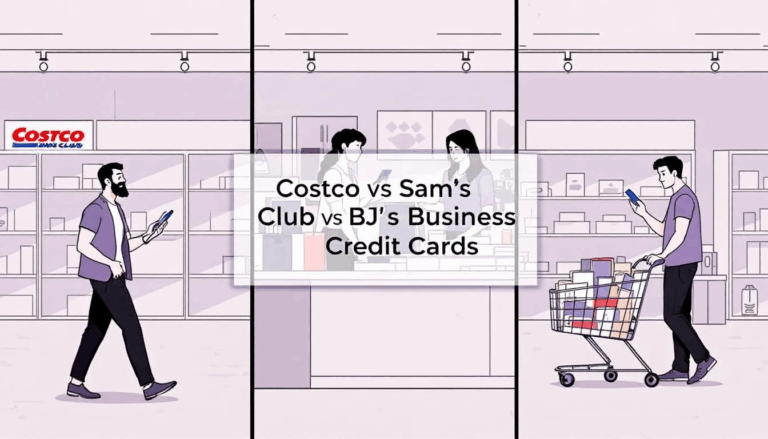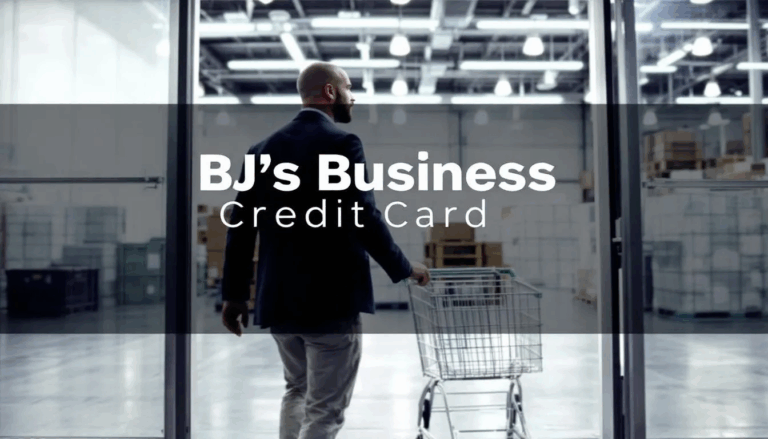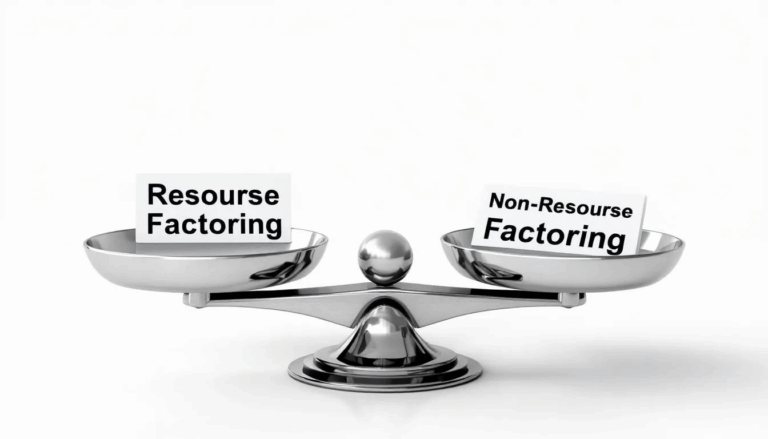

Each wholesale club’s card excels for a different type of business. Costco’s program is best suited for companies with heavy travel and dining budgets, Sam’s Club is ideal for fuel-intensive operations, and BJ’s is the most rewarding for frequent in-store buyers with smaller-ticket purchases.
Choosing the right card isn’t just about which wholesale club is closest to your business—it’s about

Running a small business means keeping expenses in check while still stocking up on the necessary supplies to operate smoothly. For many owners, wholesale clubs like BJ’s Wholesale Club offer significant savings by allowing bulk purchases at discounted prices. To make those savings go further, BJ’s also provides its own line of business credit cards, which reward you for BJ’s

A tradeline is any credit account that appears on a credit report. In personal finance, this could be a credit card account, an auto loan, or a student loan. In the business world, business tradelines encompass vendor accounts, business credit cards, installment loans, and revolving accounts associated with your company.
So, how long does it take for tradelines to appear

Chime is a financial technology company that offers personal banking services through a user-friendly mobile platform. While it offers banking features similar to traditional banks, it is not a bank. Instead, it partners with FDIC-insured institutions: The Bancorp Bank and Stride Bank. This partnership ensures account holders receive the same level of deposit insurance as they would with a traditional

A business bank account is a financial account used to manage a company’s funds. Unlike a personal checking account, a business account separates personal and professional finances, essential for accurate recordkeeping, tax reporting, and liability protection.
ChexSystems is a consumer reporting agency governed by the Fair Credit Reporting Act. It collects data on closed bank accounts, unpaid overdraft fees,

While SBA loans are generally used for business purposes, many applicants and borrowers wonder about the specific uses for loan funds. “Business purposes” is a broad category. Some business owners are also confused about whether or not they can use the funds for personal reasons.
This guide will cover the SBA loan program, how it works, and the specifics of

Small businesses that sell on credit sometimes need to sell unpaid invoices to access immediate working capital and solve cash flow problems using accounts receivable factoring. However, there are many types of factoring.
Choosing the right factoring agreement requires knowing how each process works.

For small business owners in the manufacturing industry who need immediate working capital and don’t want to add debt, traditional loans won’t work. One financing solution is manufacturing invoice factoring. In factoring, a company sells its accounts receivable in exchange for an upfront cash advance.

For many government contractors, waiting for payments puts them in a cash flow bind. Cash is the lifeblood of your business, and cash flow interruptions limit your company’s ability.
Government invoices are valuable assets, and some companies use invoice factoring to convert those assets into cash.

Financial institutions must apply for approval to offer SBA loans. The government agency helps small business owners connect with SBA-approved lenders with its Lender Match tool.
This brief guide is designed to help you use the tool and your other options for finding a lender.